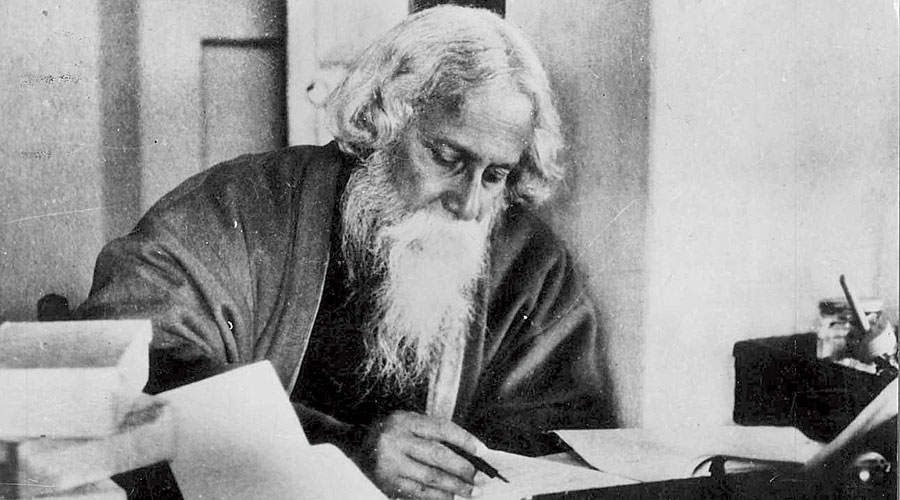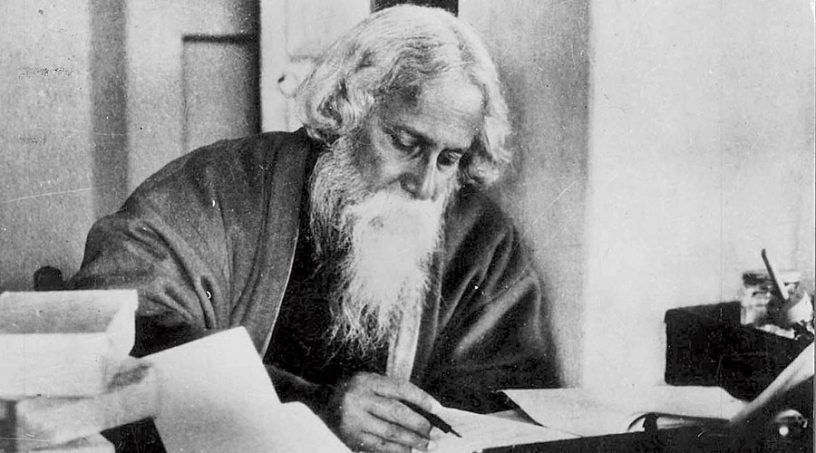
The article demonstrates how Tagore’s school and university were built drawing on his “rooted cosmopolitan” ideals and international mindedness.
Authors
Mousumi Mukherjee, Associate Professor, International Institute for Higher Education Research & Capacity Building (IIHEd), O.P. Jindal Global University, Sonipat, Haryana, India.
Summary
Cosmopolitanism is often seen as a western concept associated with liberal individualistic values. It is also associated mostly with the urban educated middle-class. However, cosmopolitan thinking has been also prevalent in the East.
Scholars in the twenty-first century are increasingly arguing that, there are multiple ways of thinking about cosmopolitanism originating from different regions of the world. Among Eastern thinkers, Rabindranath Tagore from colonial British India has been considered by many as one of the most cosmopolitan thinkers. The uniqueness about Tagore’s cosmopolitanism is that, it did not uproot him from his rural Bengali roots and sense of ethnic identity.
He was very much a “rooted-cosmopolitan”. In his book, ‘Cosmopolitanism: Ethics in a world of strangers’, Kwame Anthony Appaiah had argued that, a “rooted cosmopolitan” is someone who was rooted in his own cultural context while having an open-mind to feel literally at home in the world.
This article draws on archival research at Rabindra Bhawan in Shantiniketan and University of Illinois, Urbana-Champaign Library archives to further this argument and demonstrates how Tagore’s school and university were built drawing on his “rooted cosmopolitan” ideals and international mindedness.
In conclusion, this article highlights some of the challenges of sustaining the reformist educational institutions led by Tagore’s unique personality traits, social and pedagogic reform movements in the nineteenth century and early twentieth century colonial British India.
Published in: Asia Pacific Journal of Education
To read the full article, please click here


